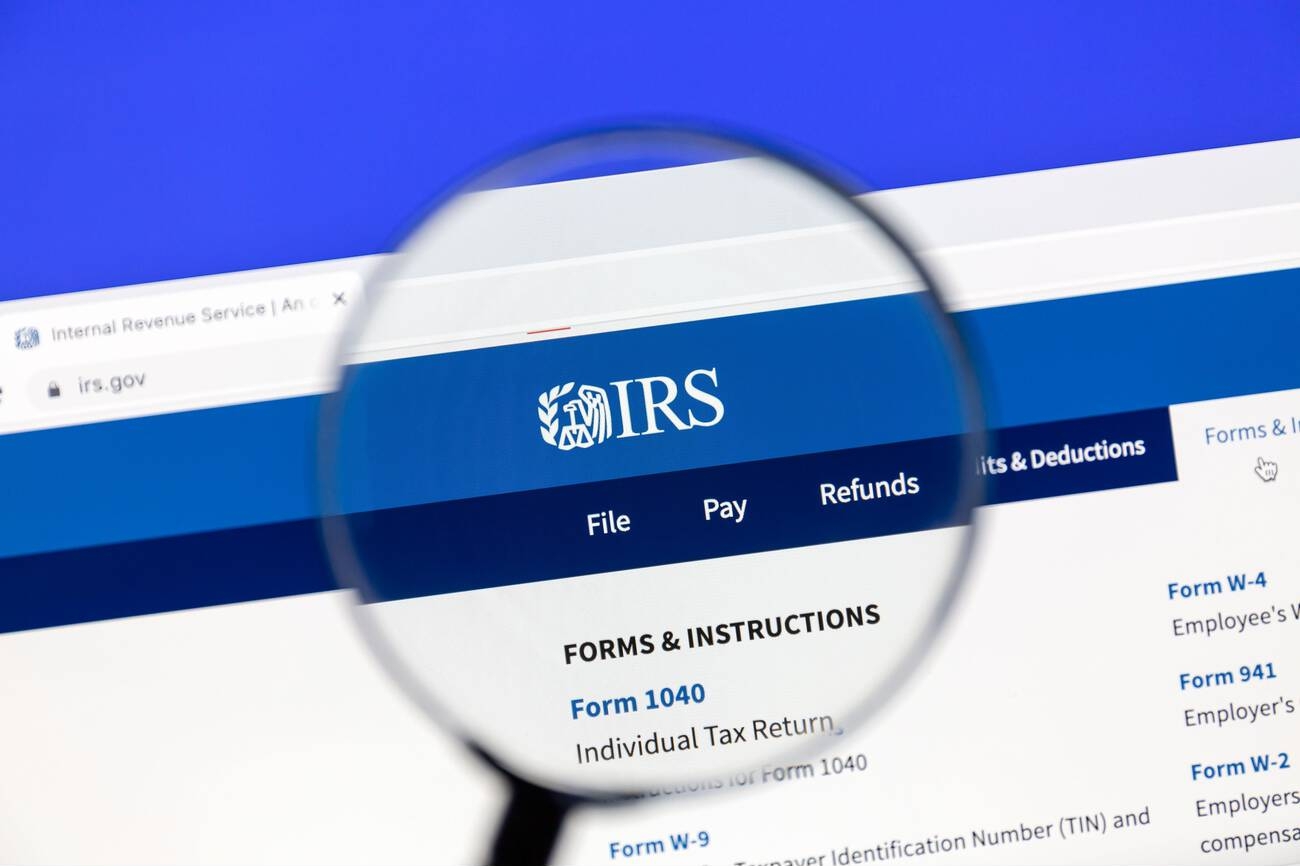The American Institute of CPAs (AICPA) has provided recommendations to the Department of the Treasury and the Internal Revenue Service (IRS) on interim guidance in Notice 2023-38 as updated by Notice 2024-41. The guidance describes certain rules that Treasury and the IRS intend to include in proposed regulations regarding the domestic content bonus credit (DCBC) requirements and related recordkeeping and certification requirements. Per the interim guidance, to qualify for the DCBC, customers will need to know the exact amount of the manufactured product and components costs and which components are domestically produced. Looking through those costs allows customers to see sensitive supply chain information and, as expected, suppliers may not willingly give up that information. This requirement has caused significant pressure on taxpayers who need the DCBC to make the economics of an energy project viable, as the guidance describes general recordkeeping requirements a taxpayer must meet to substantiate the domestic content requirement. The AICPA’s recommendations include the following:
Two approaches to provide a better calculation related to the Adjusted Percentage Rule: Allow taxpayers to provide support for the domestic direct costs, both material and labor, the manufacturer incurs to produce a manufactured product in the U.S. and include those amounts in the numerator regardless of whether there is a non-domestic manufactured product component. Assume that the direct costs that are attributable to producing a manufactured product are incurred proportionately to the components’ costs. If there are two components that cost an equal amount and only one of the two components is domestically produced, then half of the direct costs to further produce the manufactured product is included in the numerator if the manufactured product is produced in the U.S. Safe Harbor for Classifications of Certain Applicable Project Components – provide additional safe harbors on geothermal energy property, combined heat and power system property, waste energy recovery property, and qualified biogas property projects to reduce uncertainty and minimize the use of IRS resources. Retrofitted Projects – clarify that section 4 of Notice 2023-38 (updated by Notice 2024-41) only applies to projects that would amount to an improvement under Section 263(a) and not a new distinct project. Certification Requirements – the proposed regulations should endorse the service provider as a lockbox. Alternatively, Treasury and the IRS could accept as substantiation of the DCBC a statement by the supplier as to the breakdown between domestic and non-domestic costs signed under penalties and perjury. “The Notices on DCBC pit suppliers against their customers,” said Ning Yim, Senior Manager, AICPA Tax Policy & Advocacy. “To allow the DCBC to work as intended and spur the creation of good paying domestic jobs, a solution to the customer/supplier dilemma is needed.”

Thanks for reading CPA Practice Advisor!
Subscribe for free to get personalized daily content, newsletters, continuing education, podcasts, whitepapers and more…
Subscribe
Already registered? Log In
Need more information? Read the FAQs




